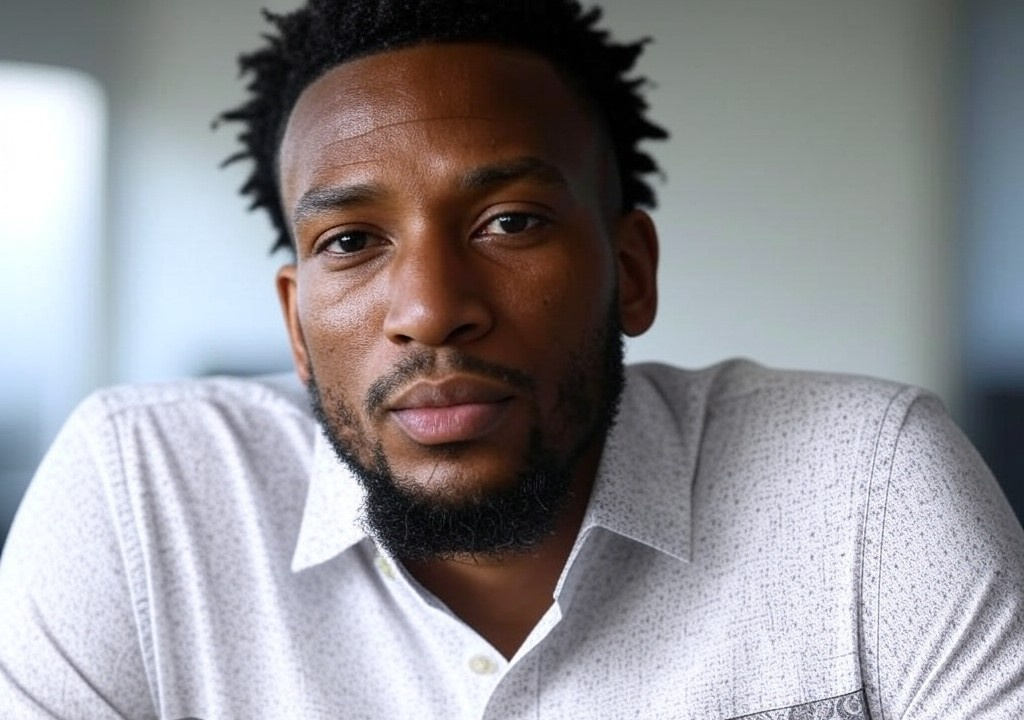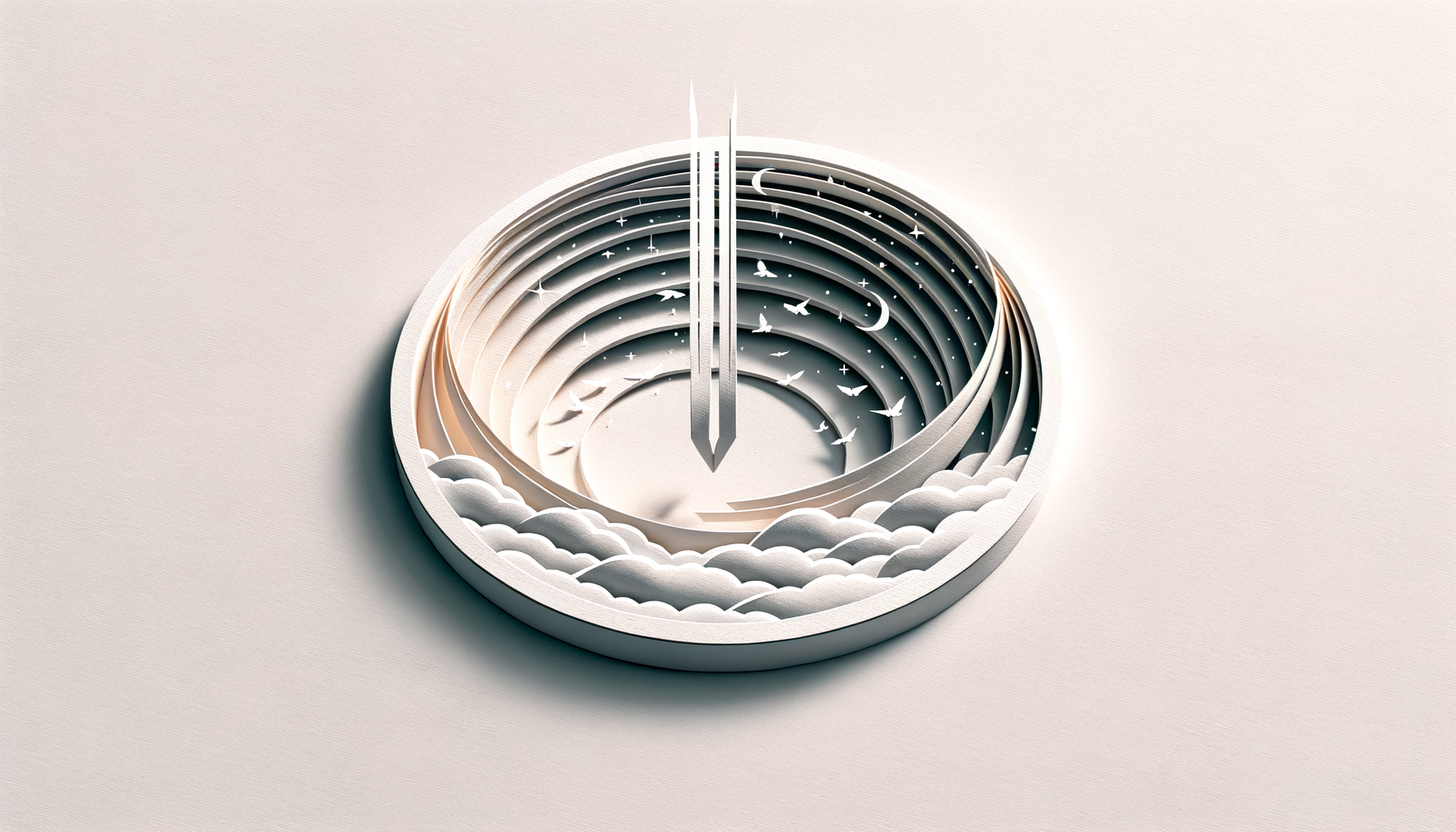The Moment That Changed Everything
When I was 19 years old, deep in the glow of my first relationship, I made what I then thought was the ultimate romantic gesture: a mixtape. Not a playlist—this was Chicago in the early 2000s, and I was physically burning CDs like it was my personal love language. I agonized over every choice, every transition, ensuring Common’s “The Light” flowed seamlessly into Lauryn Hill’s “Tell Him.” I handed it over with the sort of naive confidence only youth and untested love could provide. She listened to it, smiled politely, and broke up with me that same week.
The mixtape bombed, but its fallout sparked something deeper in me—a burning question: What went wrong? At first, I figured it was the wrong track order or maybe the omission of D’Angelo, but over time, I realized I’d missed the deeper point of connection. A good relationship is less about your ability to curate someone else’s experience and more about showing up as your most authentic self. That mixtape was a representation of who I thought I should be for her—a guy with perfect taste, smooth transitions, and a dash of literary flair—but it wasn’t really me.
And just like that, I had my first relationship epiphany: relationships thrive not when we “perform,” but when we get real. Years later, I’d see this echoed in everything from my parents’ decades-long marriage to the art of writing an online dating profile (which is how I, a late bloomer to apps, eventually met my now-partner). So let me take you back to the day my understanding of connection changed, and then offer some tools you can pack in your own journey—because whether you’re burning CDs or crafting bios, authenticity is always the move.
The Flirtation Phase: Stop Editing, Start Owning
At 19, I didn’t know “authenticity” from an IKEA assembly manual. I just wanted to feel wanted. That mindset followed me into my 20s, where I approached dating profiles like a highly curated Vogue layout. You know the vibe: dazzling pics, a bio that humbly mentions a semester in Paris, and enough puns to power an indie rom-com script.
Did it work? Sure—for about 15 whole minutes. I’d start spiraling into text exchanges that felt like job interviews, probably opening strong with something like, “So, if you could time travel but only once, forwards or backwards?” (Yes, I was that guy.) We’d go on a few dates, and then, inevitably, there’d be a mutual fade. I felt ghosted. In hindsight, I was more like a hologram, presenting a polished 2D version of myself while keeping the messy, vulnerable parts tucked neatly out of frame.
Here’s the tea: Nobody falls for a hologram. They fall for you—or at least, they should. So, when you’re building out an online dating profile, the first rule is simple: stop editing yourself to fit “The Ideal,” and instead write as if you’re texting your funniest and most honest friend. If you’re a die-hard “Jeopardy” fan who lowkey yells at the screen, say that. If you still use a fax machine at work, own it and make a joke out of it. It’s quirks like these that take you from forgettable to memorable.
Quick Fixes for a More Authentic Dating Profile:
- Skip the generic prompts. Instead of “I love traveling,” tell me the weirdest meal you ever ate abroad or the time you absolutely bombed trying to speak another language. Specific > vague.
- Use recent pictures doing things you actually enjoy. None of this fifth-cousin’s-wedding suit or beach volleyball “just because it looks fun” nonsense. If you spent last Saturday building IKEA furniture while arguing with your cat, show that life.
- Identify your dating non-negotiables. If you’re passionate about social justice or you need someone who values family, write that. The right people will vibe; the wrong ones will self-select out (thank you, next).
The Oh-No Moment: Vulnerability Isn’t Weakness
Fast-forward a few years post-mixtape debacle, and I was kind of out of the dating fog. Not because I’d suddenly figured everything out, but because I’d decided to “take a break” from dating altogether. (Translation: I was licking my wounds after a situationship that left me and my ego bruised.) That’s when I finally had time to pay attention to relationships outside my own gravitational pull. And the best example? The relationship between my parents.
Now, don’t get it twisted—my parents are great, but they’re not Hollywood rom-com great. They bickered over thermostat settings (classic dad, always freezing us out) and whose turn it was to clean up after church potlucks. But they also showed up for each other in a way I didn’t understand at the time. My dad would get up early on Sundays to drive extra seniors in the church van because my mom said it was the right thing to do. My mom asked him every morning if the bus routes were stressful—not as a courtesy, but as something she actively cared about.
Seeing them, I realized relationships work best when vulnerability and consistency co-exist. My dad wasn’t trying to impress my mom with grand gestures (I guarantee she would’ve laughed him out of the room if he’d handed her a mixtape), but by being someone who had her back day in and day out. He had no issue wearing his heart on his sleeve, whereas I had spent most of my adult life stuffing mine into skinny jeans.
So here’s your takeaway: If you think vulnerability makes you soft, trust me, you’re wrong. Vulnerability is what makes real connections possible. Sure, it’s terrifying to lead with your truth the first time, but every great connection I’ve had since—platonic or romantic—started when I said, “Okay, here’s who I really am.”
The Familiar Phase: Build Your Foundation, Brick by Honest Brick
Let’s talk about getting past those early nervous jitters and into something more substantial. The biggest lesson I learned from dating disasters past? Relationships aren’t built in spasms of chemistry; they’re built over time, through deliberate acts of care. Chemistry fades and sparks flicker, but compatibility is forged, day by day.
When I started dating my now-partner, we bonded over marathon “Fresh Prince” rewatches and a shared distaste for overpriced brunch. But more importantly, we both kept showing up, even when the blush of newness wore off. There were arguments—like whose definition of on-time was superior (hint: not mine). There were uncomfortable moments of checking our own blind spots and being called in for tough conversations. And yet, every time we had an oh-no moment, we chose to work through it.
Romantic or not, here’s a little cheat code for lasting relationships: Have the big conversations early. Does it feel awkward to talk about your future goals, love languages, or fears of romantic failure in the first few months? Sure. But if you’re willing to go there, you save yourself the heartbreak of getting attached to someone whose world doesn’t align with yours.
The Mic Drop: Real Love Is an Inside Job
If there’s one thing that mixtape taught me, it’s this: You can’t win someone over with sparkle alone. You’ve gotta do the work—on yourself first—and bring a full, unfiltered human to the table. Relationships aren’t about playing a part or “getting it right.” They’re about listening hard, showing up, and knowing that even your quirks (yes, even the mixtape-making ones) are worthy of connection.
So, the next time you fire up that dating app or stare down an awkward first date, remember: You’ve already got everything you need. Just bring yourself to the table—messy edges and all. Because that’s how real connections start.
Now, go write your own unapologetically authentic mixtape. Just make sure it’s metaphorical this time. Or, you know, has at least one D’Angelo track.




















